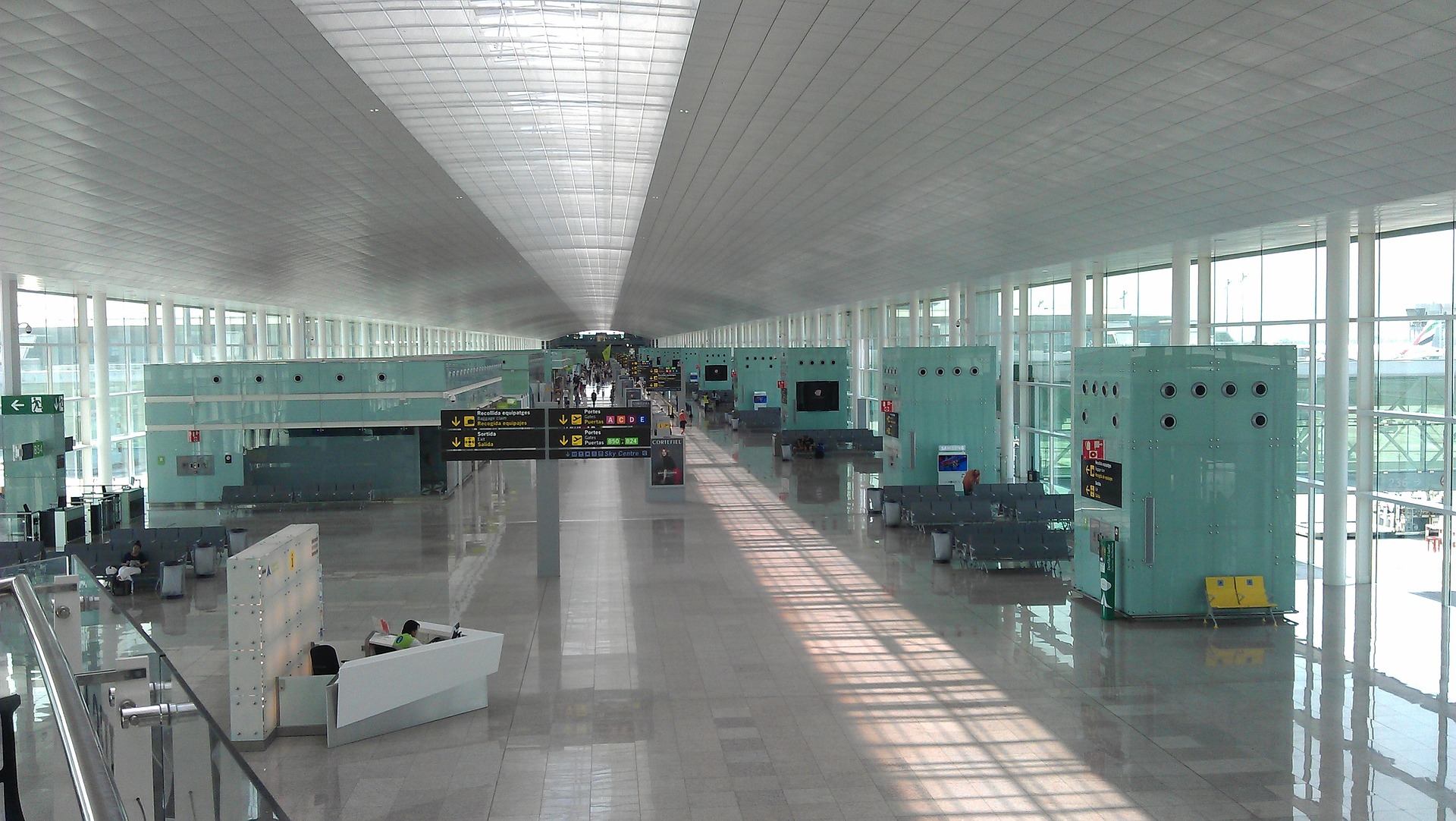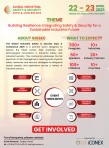- Gem and Jewellery Export Promotion Council Presents Pre-Budget Recommendations to Hon'ble Finance Minister
- Vishva Hindu Parishad announces nationwide public awakening campaign for liberation of temples from government control
- The AVTODOM Group team introduced partners to the advantages of the OMODA and JAECOO brands
- GT Scaffolding (Contractors) Ltd Expands Premier Scaffolding Services Across Surrey and Hampshire
- Tanishq Diamonds New Campaign Honours the Modern Woman’s Brilliance and Sparkle
- Innovative RMail Features for Lawyers Highlighted at The Florida Bar’s LegalFuel CLE Session
- Honda Motorcycle & Scooter India launches New 2025 Unicorn ‘Be A Wing Rider’
- CFlo World Limited Completes Restructuring to Pursue Public Market Listing in India
- Samay finally wears Spinny's T-shirt for a free car
- Briggs & Partner Ltd Expands Trusted Plant Hire Services Across West Yorkshire
- Justdial reveals Indian wedding services are witnessing a 21% nationwide surge in demand
- Panchjanya’s ‘Sagar Manthan’ 2024 Conclave showcases Goa’s governance excellence inspired by Atal Ji’s holistic values
- Kuku FM Celebrates New Year With A Massive Gift: 21,000+ New Audio Shows For Its 3 Million Paying Users
- DigitalBenz Annoyances Top-Notch SEO Services in Kolkata to Boost Local Businesses
- MMA Fight Store Launches Premium Hand Wraps for Ultimate Protection and Performance
 Mail to a Friend Mail to a Friend |
|
     |
Increase in Airline Passengers helping the Market of Smart Airports to Rise Expeditiously

?Smart airports? is a relatively new concept coined by the aviation industry to survive its economic realities. Not too long ago, aviation?s wide ecosystem was standing at the convergence of many challenges such as volatile fuel prices, global financial crisis, and declining demand, which necessitated fundamentally reshaping the aviation industry. Meanwhile, as a direct outcome of the worsening economy, businesses and individuals were increasingly opting for cheaper and more pocket-friendly alternatives to travel, further exacerbating aviation woes.
Free Sample Brochure of this Report can be obtained at:
http://www.transparencymarketresearch.com/sample/sample.php?flag=B&rep_id=1041
In order to curtail the ongoing challenges, the aviation industry underwent rapid changes. Many regulatory reforms were introduced followed by deregulations that ushered in a new era for the global aviation industry. As a result, exponential growth was registered by airline industries across North America, Europe, Asia, and emerging economies of the world.
The theory of smart airports focuses on exploiting emerging technologies to provide more constant and pervasive passenger touch-points. The system is introduced in the aviation sector to allow passengers to enjoy real-time communications anytime and anywhere. Using this smart integrated solution, passengers as well as airline ecosystem partners can enjoy real-time updates regarding the progress of the journey.
Smart airports promote collaborative decision-making
The concept of smart airports was introduced to the aviation industry in order to facilitate end-to-end exchange of information between airports, passengers, airport authorities, and aircraft operators. Smart airports provide a platform for collaborative decision-making among aviation stakeholders. The concept includes a range of built-in systems operational in an airport such as information, communication, and security systems that provide real-time data to monitor operations in an airport such as terminal-side, airside, and landside. Therefore, to put it simply, ?smart airports? is conceptualized to promote information sharing between different airport stakeholders in order to optimize the overall aviation ecosystem.
Shifting demographics and emerging communication technologies
The global aviation business model and its corresponding airline operations have dramatically evolved in the last couple of years. The regulatory reforms adopted by airline industries across different countries in the world contributed to a remarkable growth in air traffic. Additionally, factors such as introduction of high-end communication technologies, new corporate governance strategies, and changing demographics have significantly contributed to the dramatic increase in airline passengers over the last few years. The growing demand for air travel has created impressive opportunities for the global smart airports market to capitalize on.
Scope of the global smart airports market
The global market for smart airports is segmented in terms of technologies, services, and geography. On the basis of technology, the global smart airports market can be categorized into air traffic management, ground traffic management and control systems, airport management software, digital information display solutions, signage systems, landing aids, lighting and guidance, security, emergency services, fire protection, passenger management, baggage handling and control, and car parking systems.
On the basis of services, the global market for smart airports is segmented into hospitality, entertainment services, transport and parking services, retail, business to business services, workplace services, and airport processes.
Geographically, the global smart airports market is divided into North America, Europe, Asia Pacific, and Rest of the World (RoW).
Entry of new players supporting growth of smart airports market
The global smart airports market is expanding at an impressive compound annual growth rate. Factors such as dramatic increase in aviation passengers have paved way for new players to enter the market. Some of the prominent companies dominating the global smart airports market at present include Vanderlande Industries, Ansul, GE, Colebrook Bosson Saunders, Airport Emission Control, Airportsmart, Delair Air Traffic Systems, Honeywell, Adelte, Deerns Airport System Consultants, Siemens, DSG Systems, and FB Technology.
Company :-Transparency Market Research
User :- Mr.Sudip S
Email :-sales@transparencymarketresearch.com
Phone :---
Mobile:- -
Url :- http://www.transparencymarketresearch.com/smart-airports.html











